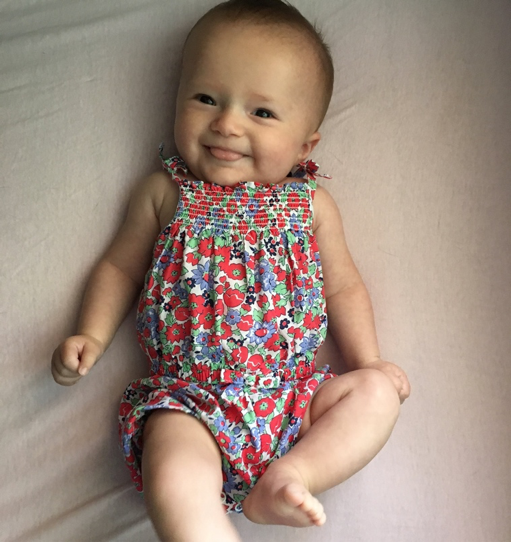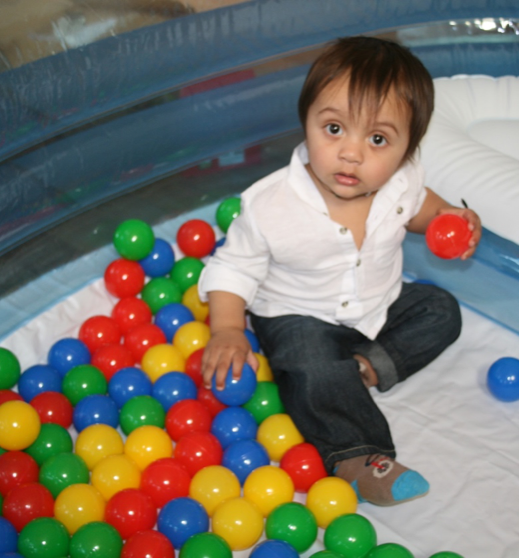Results in Hurt Kids: Writing
Results: The only thing that matters in the world of hurt kids
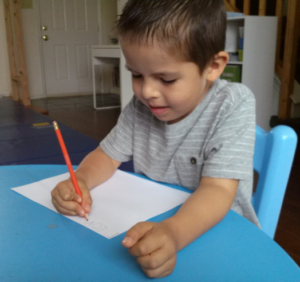
In the world of brain-injured children writing is a vital issue. When the world sees a hurt child, it often decides his fate based upon the assumption that he is not intelligent. Once he is assigned this lower condition, he is seen as less deserving and less worthwhile. How else can we explain the places where hurt kids are routinely warehoused, medicated and forgotten?
The children included here had significant neurological problems in the visual, auditory and tactile pathways that could have put them at risk and ruined their lives. As always, parents, stimulation and opportunity were the answer. If a hurt child can write, he can demonstrate to that world that he is highly intelligent.
Reading is the first step in learning to write. The visual pathway and manual competence are equally important in being able to write. Children who struggle with writing often need improved convergence and better coordination.
Khai
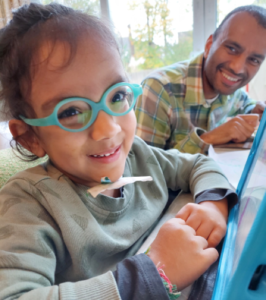
Khai was born three months prematurely and spent the first five months in neonatal intensive care with oxygen and being tube fed because he had an intraventricular hemorrhage. After discharge, he was on oxygen at home for another five months. At one year of age, he was not yet walking or talking, and he was vomiting throughout the day with reflux. His diagnoses were a thin corpus callosum, retinopathy of prematurity, failure to thrive, hydrocephaly, and cerebral palsy. Khai’s parents attended the What to Do About Your Brain-Injured Child course and after three months of treatment at home he stopped needing medication for reflux, he started to walk, and had dozens of words of speech. At two years of age, he began to read his first words, too. By age three, Khai was well above his peers intellectually. He was reading books and enjoying advanced mathematics – learning about the Pythagorean theorem and quadratic equations. His language had exploded, he was adding new vocabulary daily, and expressing himself well in paragraphs.
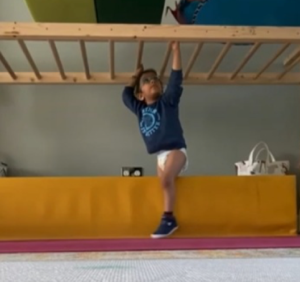
To improve his balance and coordination, he was walking independently on an overhead ladder 400 meters daily. Today at 5 years of age, Khai has begun to express himself in writing, he has started writing clearly in words and phrases, well ahead of his peers. He enjoys studying Astronomy, and he is becoming a little professor, and a very kind and humorous one, too!
Jorge
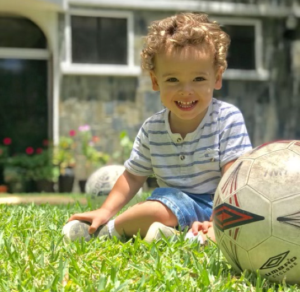
Mother developed a blood clot during pregnancy, so the baby was delivered by c-section one month early. At age 7 months, little Jorge was still unable to move, and parents began seeking help. A cerebral hemorrhage was found. Jorge was diagnosed with a central nervous system disorder, dystonia, and a chromosomal abnormality. At age 3, Jorge could not stand up and could only walk short distances. Only his family understood his speech. He could not use his hands together. His understanding was below his age level. His health was poor. He frequently went to the doctor with respiratory infections. Jorge’s parents attended the What to Do About Your Brain-Injured Child course at this time and started a treatment program at home. Four months later, Jorge was able to stand up independently and walk outdoors for an hour non-stop. His understanding and speech had developed to age level, and his health had improved significantly.
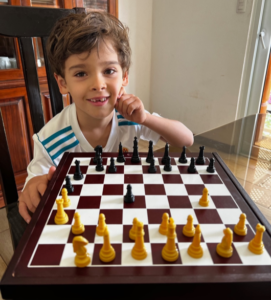
Today, at seven years of age, Jorge understands above age level, he speaks and reads in Spanish and English. At four years of age, he could not hold a crayon well, now he is writing dozens of words in both Spanish and English, and short sentences, too. He enjoys books for ten-year-olds, mathematics is his favorite subject, and chess is a favorite activity. He runs more than 1,000 meters daily, and hikes weekly, and swims. He has learned 10,000 Bits of Intelligence, and 5,000 facts related to them, he holds conversations well above his age level. He has more than 40 responsibilities at home, he is always helping others wherever he goes.
Pablo
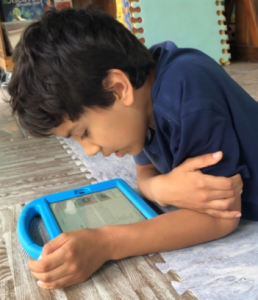
Pablo was born in Nicaragua. He developed normally until 18 months of age when he received four inoculations on the same day. From that day he lost his speech and stopped progressing as he had been doing. At two years of age, Pablo was unresponsive to his name or any other words. He spent his days screaming and crying. He was hypersensitive to sounds and touch and hit himself in frustration. He lacked eye contact and had no speech. Soon, Pablo was diagnosed as autistic and hyperactive. Pablo’s parents read the book What to Do About Your Brain-Injured Child and created their own program. When Pablo was six years of age, Pablo’s parents, both physicians, attended the What to Do About Your Brain-Injured Child course and intensified their work with Pablo at home. From that time onward, his progress has been significant. His reading, and understanding are now age level, he follows directions well, and speaks in full sentences. He is physically well coordinated and able to run. He is independent in his daily life. By age 9, Pablo reads at a high school level in both English and Spanish. His writing is neat and clear, he is beginning to express his own ideas, and learning to type. No more screaming or temper tantrums – his behavior is calm and appropriate. He can express his feelings and responds to questions. He runs a mile nonstop. Pablo is not finished his journey, but he has come a long, long way.
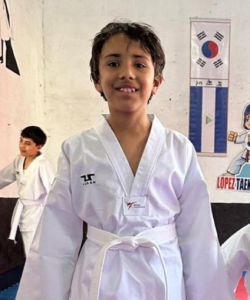
Joaquin
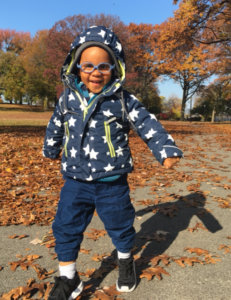
Joaquin is from New York; he was born prematurely with the umbilical cord around his neck. At two days, after suffering a stroke he began having seizures and was put on anti-convulsant medication. At age two, Joaquin was developing at half the rate of other children his age. His vision was so poor it limited his mobility and hand function. Joaquin’s mother attended the What to Do About Your Brain-Injured Child course and began to work intensely with her son at home. By age three Joaquin was understanding equal to his age and beginning to read. By four years, he was running, and speaking in sentences. By age five, Joaquin was reading library books in English and Spanish, and speaking in both languages.
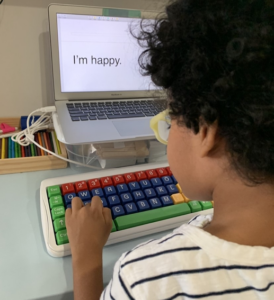
Today, at age eight, Joaquin loves reading non-fiction, he enjoys chemistry and mathematics, and is writing and typing independently, including wonderful letters to his grandfather to be treasured always.
Derion
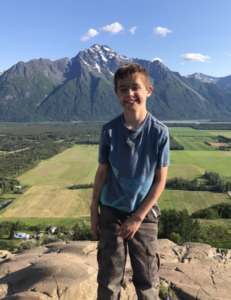
Derion is from Alaska and was delivered by C-section. As an infant, he was delayed in mobility, and had limited vision, including a nystagmus. Testing revealed incomplete myelination in the brain. By age three, Derion was not understanding well and was unable to communicate. By age nine, he had been diagnosed with attention deficit hyperactivity disorder, cerebral palsy, and autism. He was on medication for behavior. Derion’s parents attended the What to Do About Your Brain -Injured Child course and began a home program following what they had learned. Within six months, Derion’s understanding, behavior, and speech began progressing towards age level. He was reading at a more advanced level, and was more coordinated. He began to hop for the first time, and button and unbutton. He was no longer chronically congested and his digestion and elimination were greatly improved. He had the focus and energy to enjoy the great outdoors with his family and friends for the first time.
At ten years of age, Derion was able to write in sentences for the first time and he could take dictation as well. By his eleventh birthday, he was reading at age level, with a preference for non-fiction. He has an encyclopedic of his favorite subjects, and now is adept at water-skiing, as well.
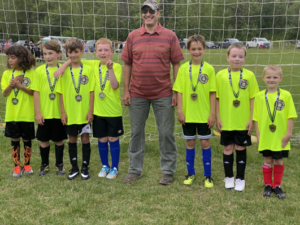
Marvella
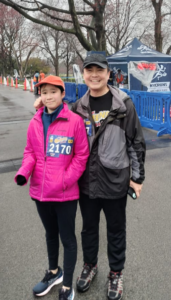
Marvella is from Jakarta, Indonesia, and was born after a long labor. At age two, she lacked eye contact, and did not respond to her name or follow instructions. She was a poor sleeper and did not feel pain, she had no words of speech, and was diagnosed as autistic. At age five, Marvella was not accepted in school, her mother attended the What to Do About Your Brain-Injured Child course and began a home treatment program with her. By age seven, Marvella was reading books, and had begun speaking. She was able to follow instructions in swim, ballet, and piano lessons independently, and was riding a bike one kilometer each day. By nine years of age, Marvella was reading and speaking in three languages, and had begun gymnastics lessons, too. Today, at 13 years of age, Marvella is a speed reader of adult level books in three languages on a wide variety of topics including history, science, and business. She runs 5 km regularly and can both write and type independently. She is no longer hyperactive, instead she is looking forward to participating in many activities in her new neighborhood, New York City.
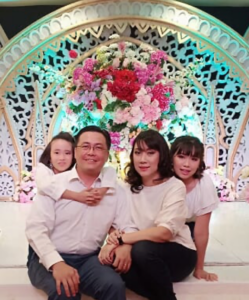
We all like to believe that our children arrive with an equal opportunity to develop and grow but this is not true for brain-injured children. Each of these children began their lives with severe neurological problems that could have made their lives a tragedy. But their parents used their energy and their understanding of how the brain grows and develops to provide stimulation and opportunity. They gave their child a chance, not only to catch up to their peers, but to surpass them.
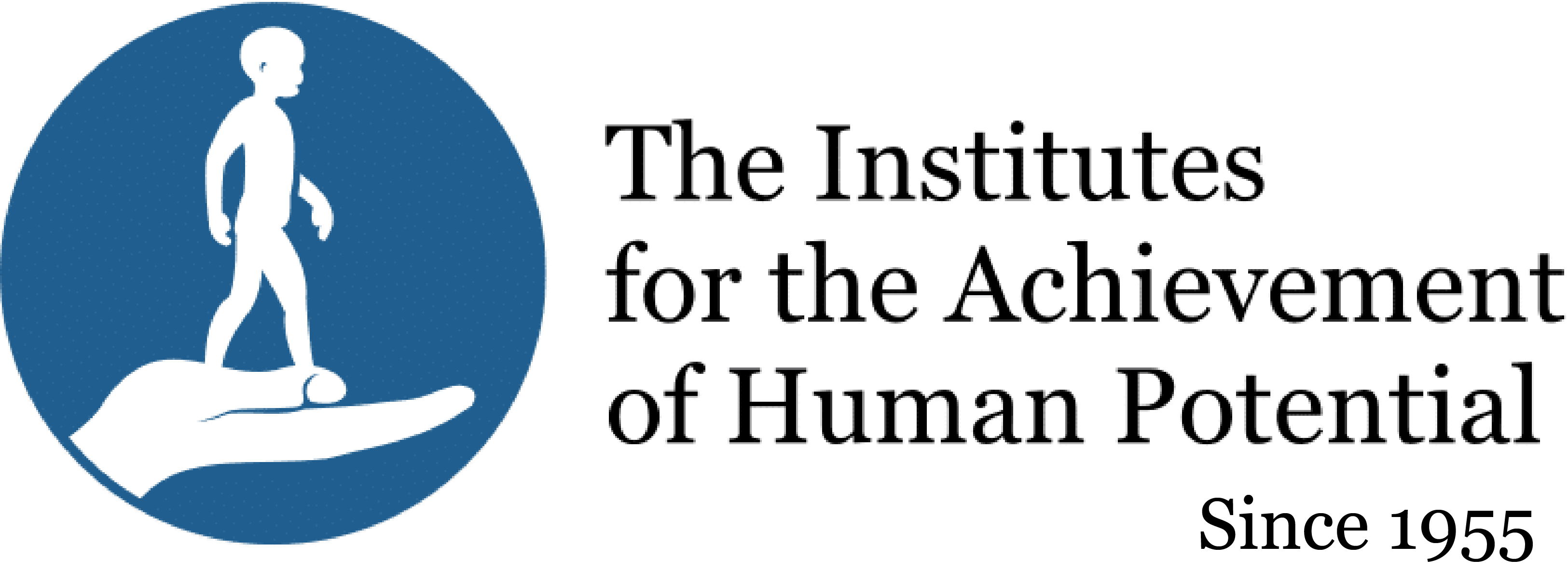
 Donate
Donate



